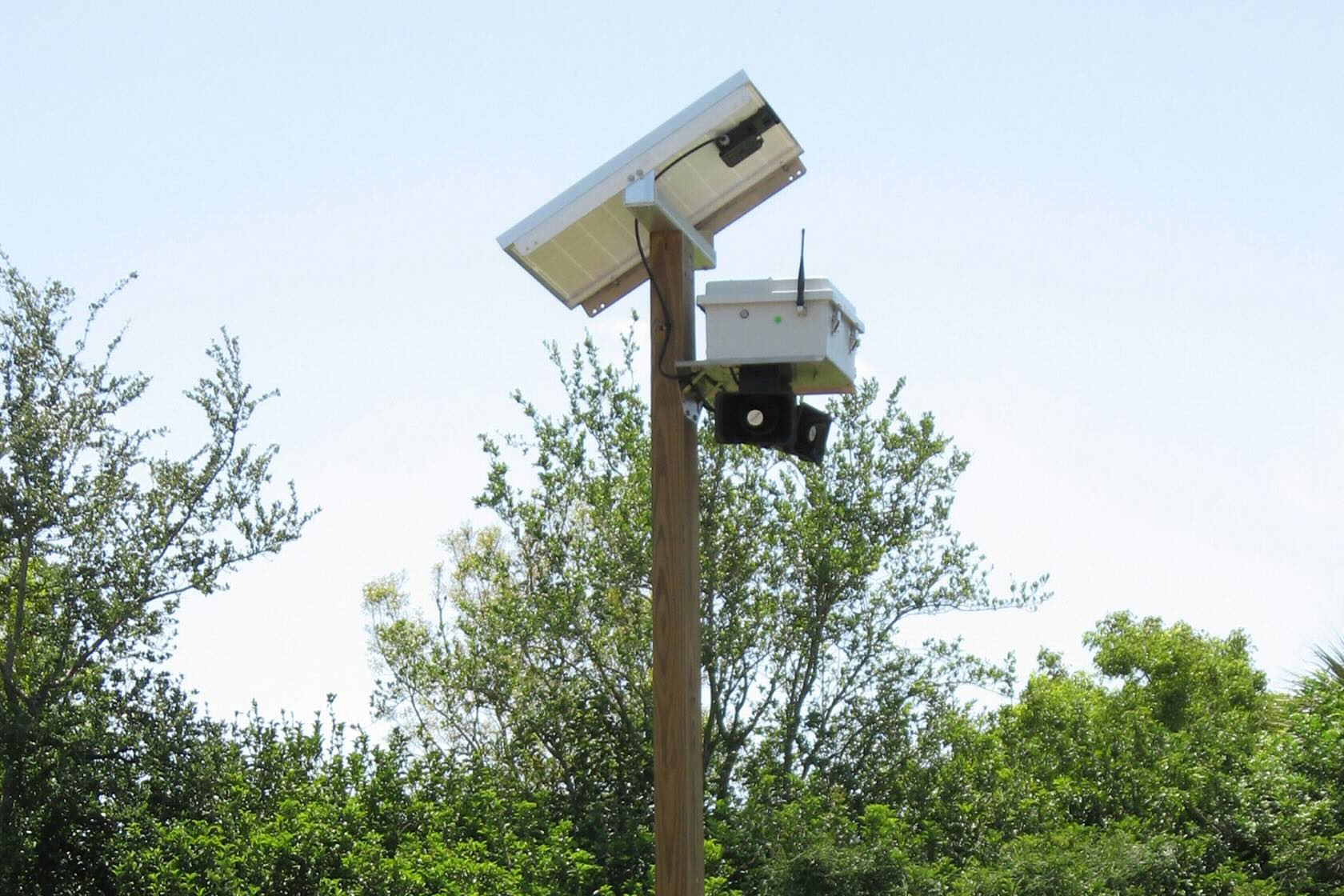
Lightning detectors are fascinating devices that help us stay safe during thunderstorms. But how much do you really know about them? Did you know that these gadgets can detect lightning strikes from hundreds of miles away? Or that they use both radio waves and optical sensors to pinpoint strikes? Lightning detectors are not just for weather enthusiasts; they play a crucial role in aviation, outdoor events, and even sports. Understanding how they work can help you appreciate their importance. Ready to learn some mind-blowing facts about these life-saving tools? Let's dive into the electrifying world of lightning detectors!
What is a Lightning Detector?
A lightning detector is a device that identifies the presence of lightning. These gadgets are crucial for safety, especially in areas prone to thunderstorms. They help predict lightning strikes, giving people time to take cover.
- Detects Electric Fields: Lightning detectors sense the electric fields produced by lightning. This helps predict strikes before they happen.
- Types of Detectors: There are ground-based, mobile, and space-based detectors. Each type serves different purposes.
- Range: Some detectors can sense lightning up to 300 miles away. This wide range is essential for early warnings.
- Accuracy: Modern detectors can pinpoint the location of a strike within a few miles. This precision is vital for safety measures.
- Usage in Airports: Airports use lightning detectors to ensure the safety of flights. They help avoid delays and accidents.
- Weather Forecasting: Meteorologists rely on these devices for accurate weather predictions. They provide real-time data on storm activity.
- Outdoor Events: Event organizers use them to ensure the safety of attendees. They can postpone or cancel events if a storm is imminent.
- Sports: Many sports leagues use lightning detectors to protect players and fans. Games are paused or rescheduled based on detector readings.
How Do Lightning Detectors Work?
Understanding the mechanics behind these devices can be fascinating. They use various technologies to detect and analyze lightning.
- Radio Waves: Detectors pick up radio waves emitted by lightning. These waves travel faster than sound, providing early warnings.
- Electromagnetic Sensors: Some detectors use electromagnetic sensors to identify lightning. These sensors are highly sensitive.
- Optical Sensors: Optical sensors detect the flash of lightning. They are often used in combination with other sensors.
- Sound Detection: Some detectors use microphones to pick up the sound of thunder. This method is less common but still effective.
- Data Analysis: Detectors analyze data to determine the distance and intensity of a strike. This information is crucial for accurate warnings.
- Networked Systems: Many detectors are part of a network. This allows for more comprehensive coverage and data sharing.
- Real-Time Alerts: Modern detectors provide real-time alerts via apps or other communication methods. This ensures timely warnings.
Why Are Lightning Detectors Important?
The importance of lightning detectors cannot be overstated. They play a crucial role in various fields, from aviation to sports.
- Safety: The primary purpose is to ensure safety. Early warnings can save lives.
- Property Protection: They help protect property from lightning damage. This includes buildings, vehicles, and electronic equipment.
- Fire Prevention: Lightning can cause wildfires. Detectors help in early detection and prevention.
- Insurance: Some insurance companies offer discounts for properties with lightning detectors. This can lead to significant savings.
- Scientific Research: Researchers use them to study lightning and thunderstorms. This research can lead to better prediction methods.
- Military Use: The military uses lightning detectors for various operations. They help ensure the safety of personnel and equipment.
- Marine Safety: Ships use these devices to avoid storms. This is crucial for the safety of the crew and cargo.
- Agriculture: Farmers use them to protect crops and livestock. Early warnings can prevent significant losses.
Interesting Facts About Lightning Detectors
Here are some lesser-known facts that highlight the versatility and importance of these devices.
- First Detector: The first lightning detector was invented in the 18th century. It was a simple device compared to today's technology.
- Space-Based Detectors: Satellites equipped with lightning detectors monitor storms from space. This provides a global perspective.
- Portable Detectors: Some detectors are small enough to fit in your pocket. These are useful for hikers and outdoor enthusiasts.
- Educational Tools: Schools use them to teach students about weather and safety. They provide hands-on learning experiences.
- Energy Harvesting: Some researchers are exploring ways to harvest energy from lightning. Detectors play a role in this research.
- Historical Data: Detectors help create historical records of lightning activity. This data is valuable for long-term studies.
- Public Awareness: Public awareness campaigns use data from lightning detectors. This helps educate people about the dangers of lightning.
Lightning Detectors: A Quick Recap
Lightning detectors are fascinating gadgets that help keep us safe. They work by sensing electromagnetic signals from lightning strikes. These devices come in various forms, from handheld models to sophisticated systems used by meteorologists. They can alert you to nearby storms, giving you time to find shelter.
Knowing how they function and their benefits can be a lifesaver. Whether you're an outdoor enthusiast or just someone who wants to stay informed, understanding lightning detectors is crucial. They offer peace of mind and can even save lives by providing early warnings.
So, next time you hear thunder, remember the science and technology working behind the scenes to keep you safe. Stay informed, stay safe, and let lightning detectors be your silent guardians during stormy weather.
Was this page helpful?
Our commitment to delivering trustworthy and engaging content is at the heart of what we do. Each fact on our site is contributed by real users like you, bringing a wealth of diverse insights and information. To ensure the highest standards of accuracy and reliability, our dedicated editors meticulously review each submission. This process guarantees that the facts we share are not only fascinating but also credible. Trust in our commitment to quality and authenticity as you explore and learn with us.
